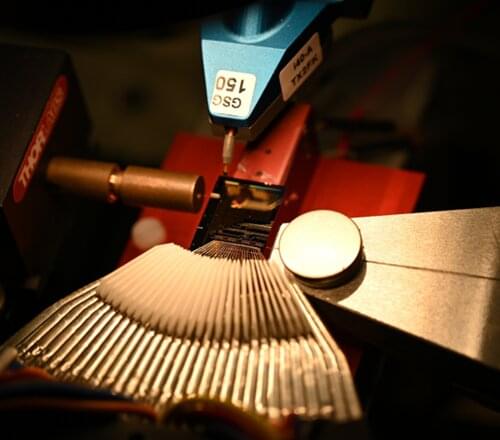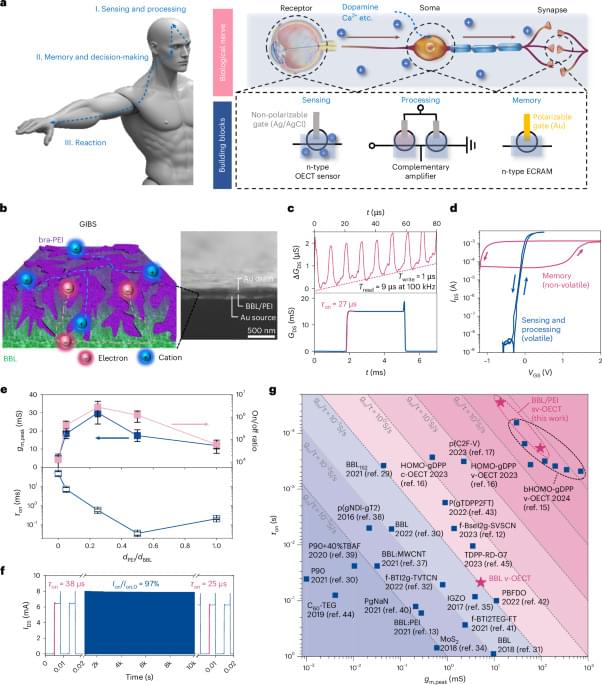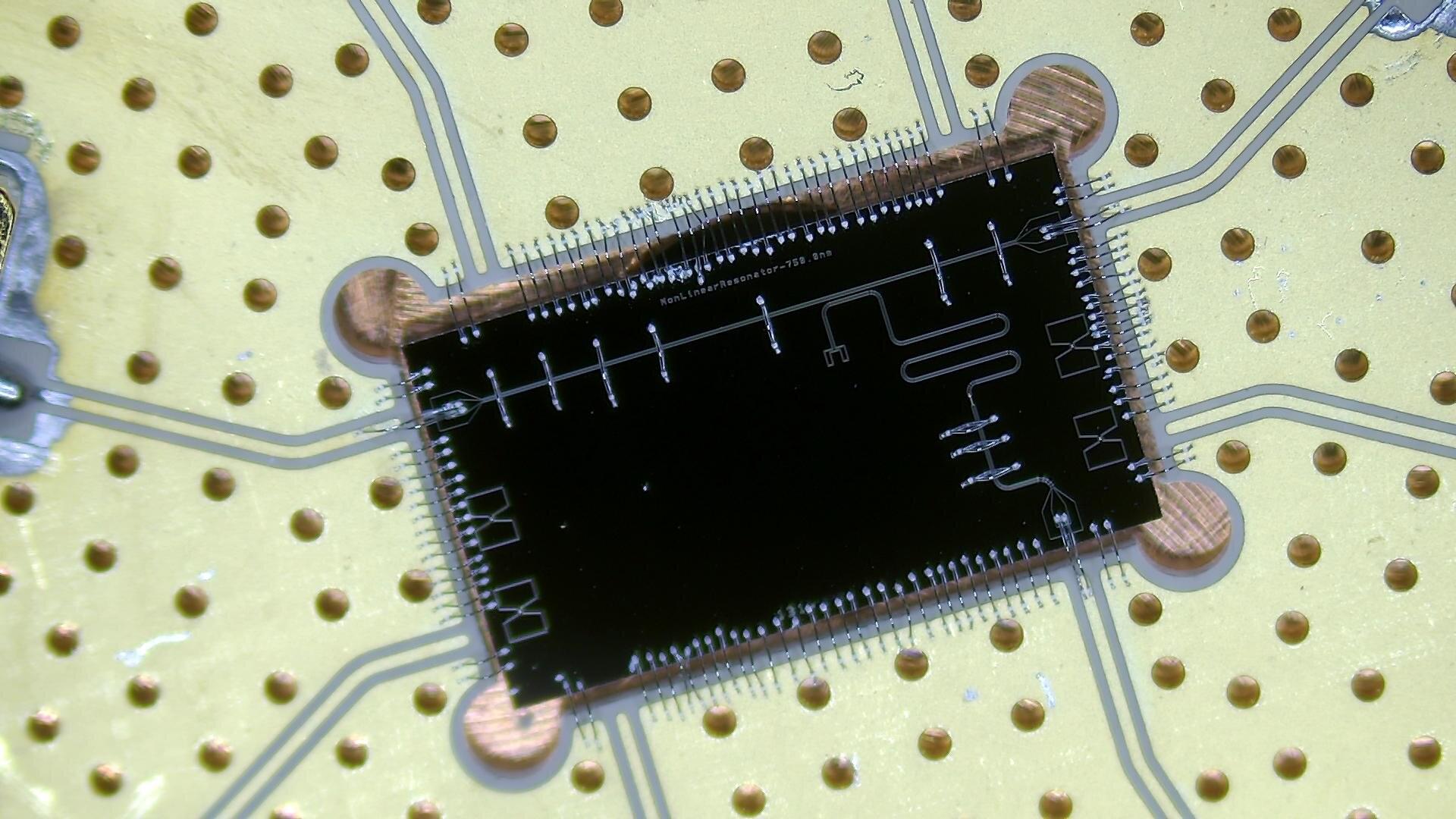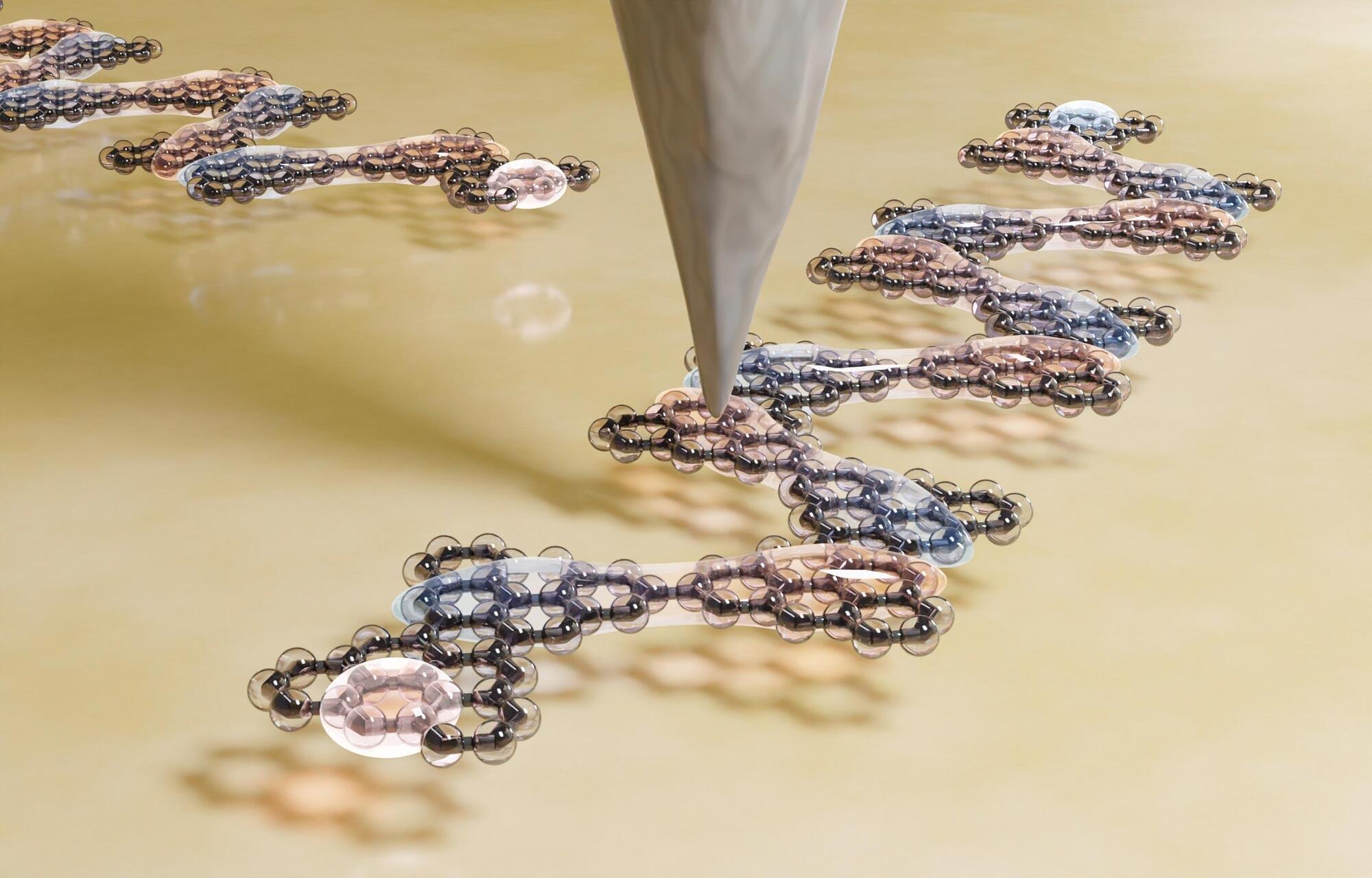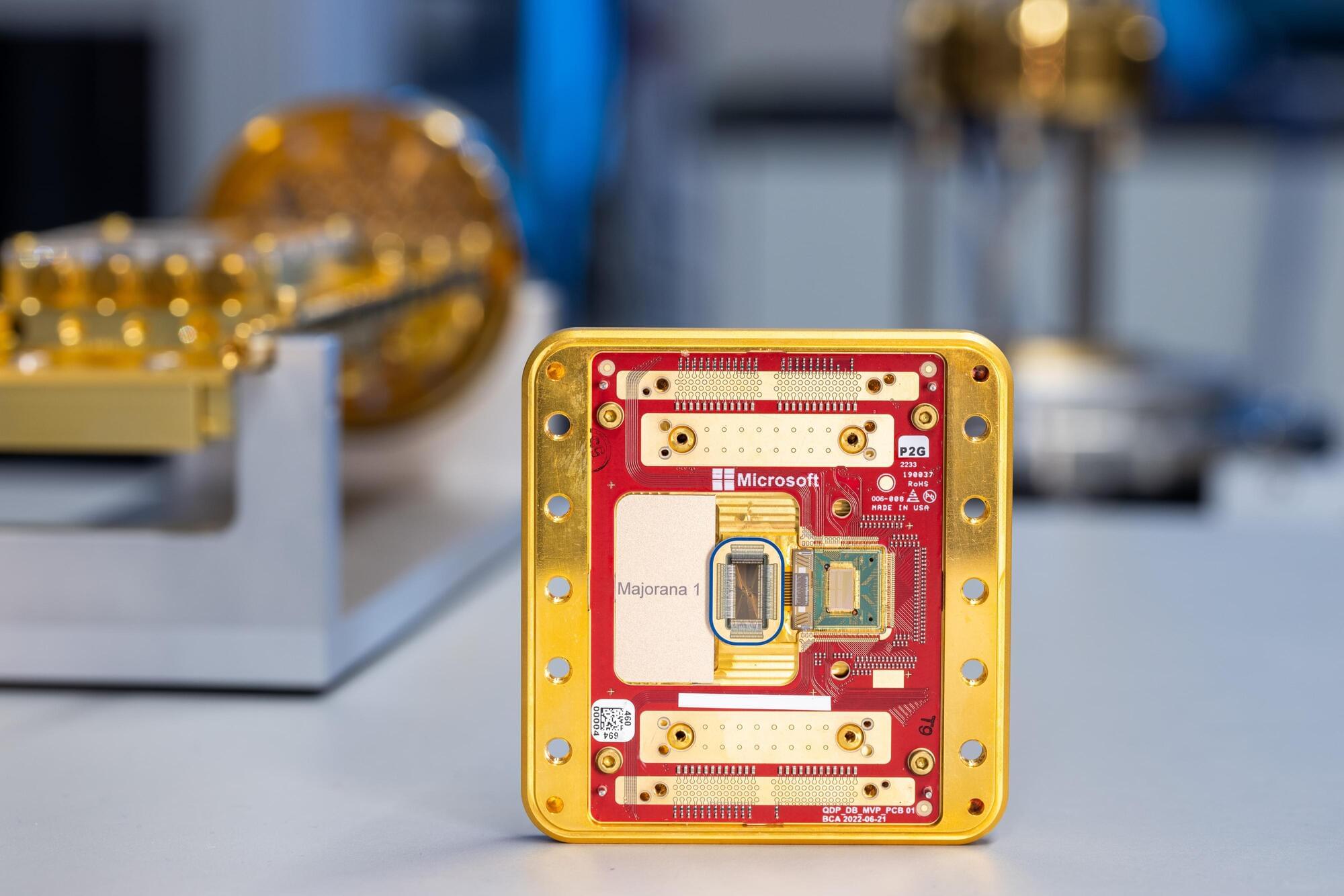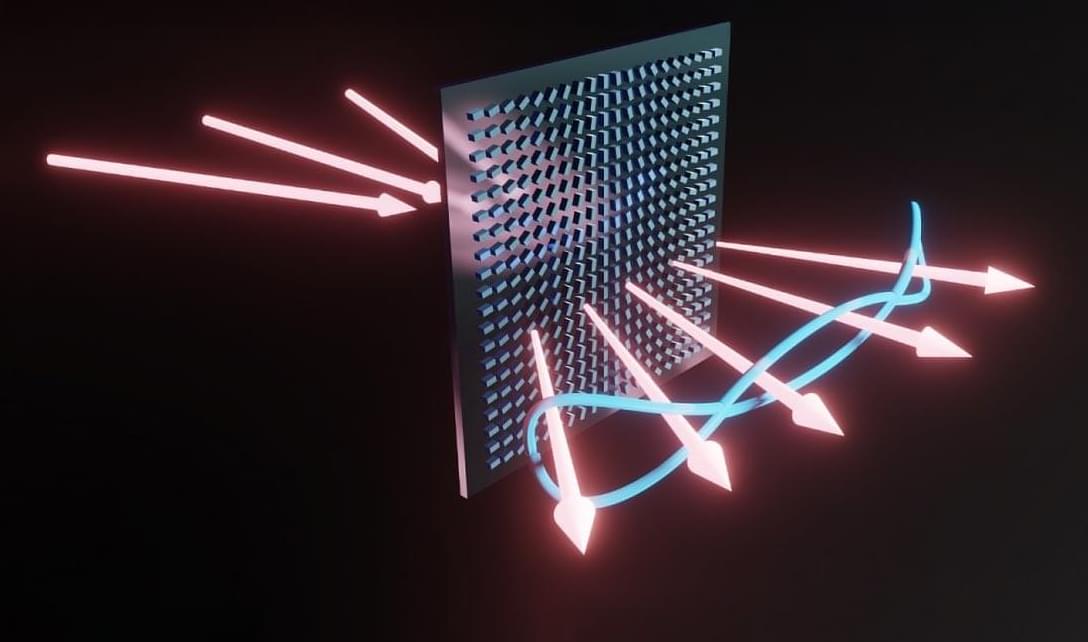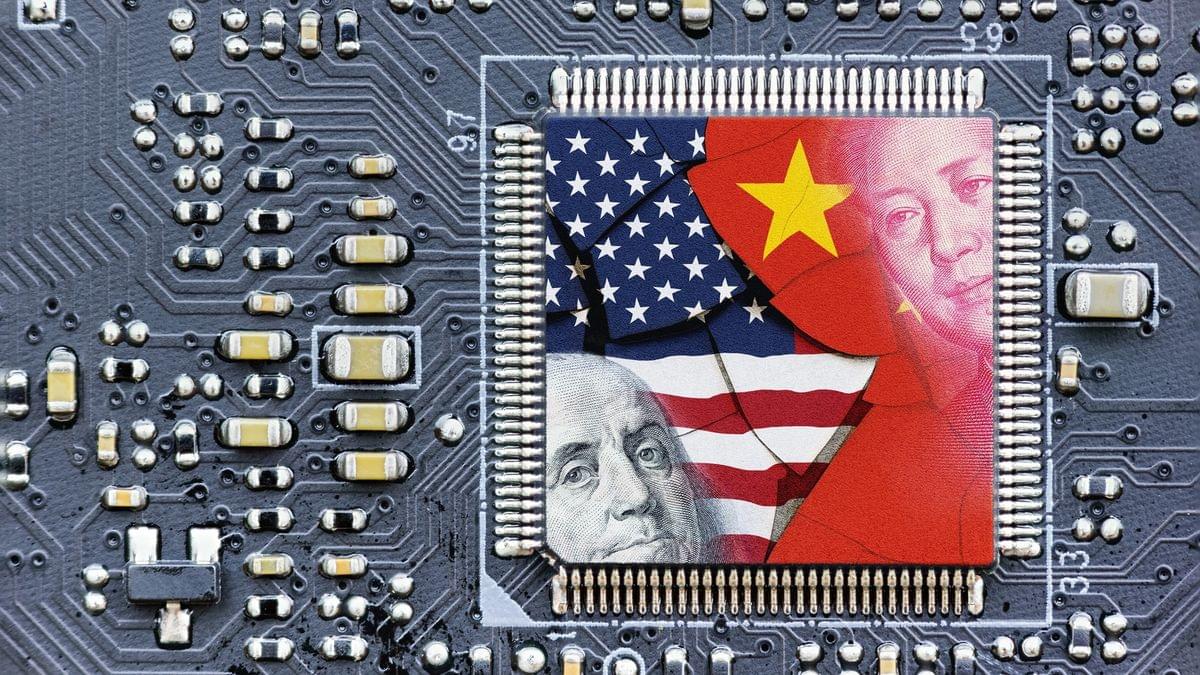Researchers at the University of Twente, in collaboration with the City University of Hong Kong, have designed a cutting-edge programmable photonic chip in a thin-film lithium niobate platform, an important material in photonics. Published in Nature Communications, this work paves the way for next-generation high-performance radar and communication applications.
An important material is changing the way optical chips work, making them smaller, faster, and more efficient: thin-film lithium niobate (TFLN). It offers exceptional properties for how light and electrical signals can interact. This enables the seamless integration of key components—such as electro-optic modulators and signal processors—onto a single chip. As a result, optical devices can achieve unprecedented compactness, efficiency, and performance.
Researchers at the University of Twente have designed a TFLN-based integrated photonic chip, working in close collaboration with City University of Hong Kong, where the fabrication takes place. At the same time, these chips are also being fabricated locally in the MESA+ Nanolab.
